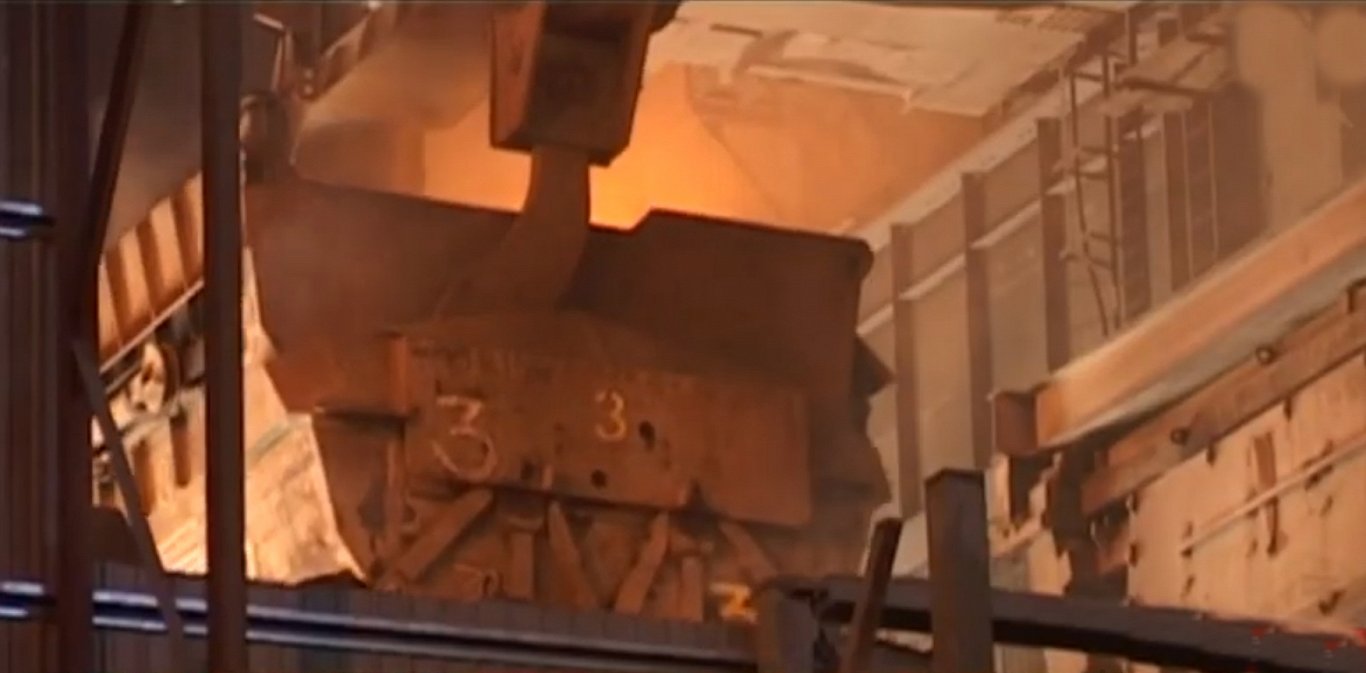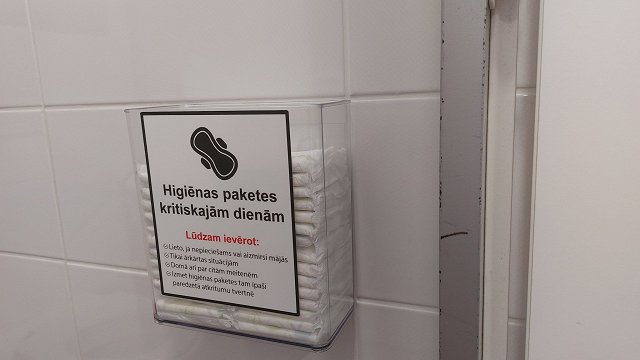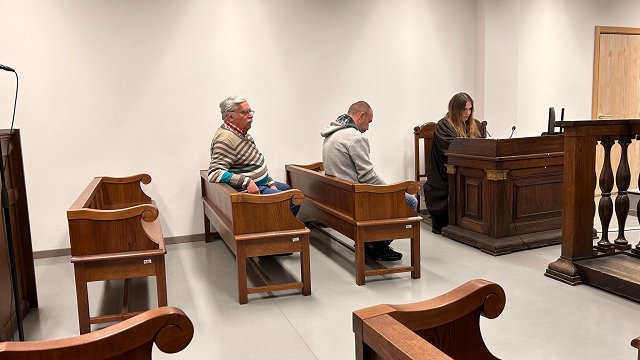The new ovens are more environmentally friendly and consume far less electricity. In the coming years, it is planned to start producing such ovens commercially.
The aluminum industry still uses different types of outdated technology. Although few are in daily contact with metallurgical factories, the end products are used by many, for example, when driving a car or using public transport.
"If we throw two pieces of sugar into tea, it takes quite a long time for the sugar to dissolve. If we apply a mechanical method of mixing with a spoon, then the sugar dissolves significantly faster. The problem is also seen in metallurgy. If you're putting a lot of metal in a big oven, it takes long for it to melt. While you're waiting, gas, electricity, people's time is spent. Stirring is needed. Putting a spoon in a large oven is challenging and dangerous. It also causes additional losses because it is necessary to open the oven and the heat is lost," said Toms Beinerts, scientist at the LU Institute of Physics.
In Latvia, a new modern method has been developed to carry out this process in a different way.
"We've found a way to carry out the mixing without direct contact through the wall of the oven, putting the rotating magnet on the wall of the oven. We installed a prototype for an aluminum oven in Norway. The traditional system consumed about 50 kilowatts to stir up the liquid metal. Our system consumes 3 to 3.5 kilowatts of electricity," said Beinerts.
The equipment created in Latvia is not only cheaper in operation but also more environmentally friendly.
"The benefit to the industry is that it will be able to produce the metal more efficiently, with lower costs. This will then be reflected in the price of final products. “For example, cars using metals, airplanes," the researcher said.



























